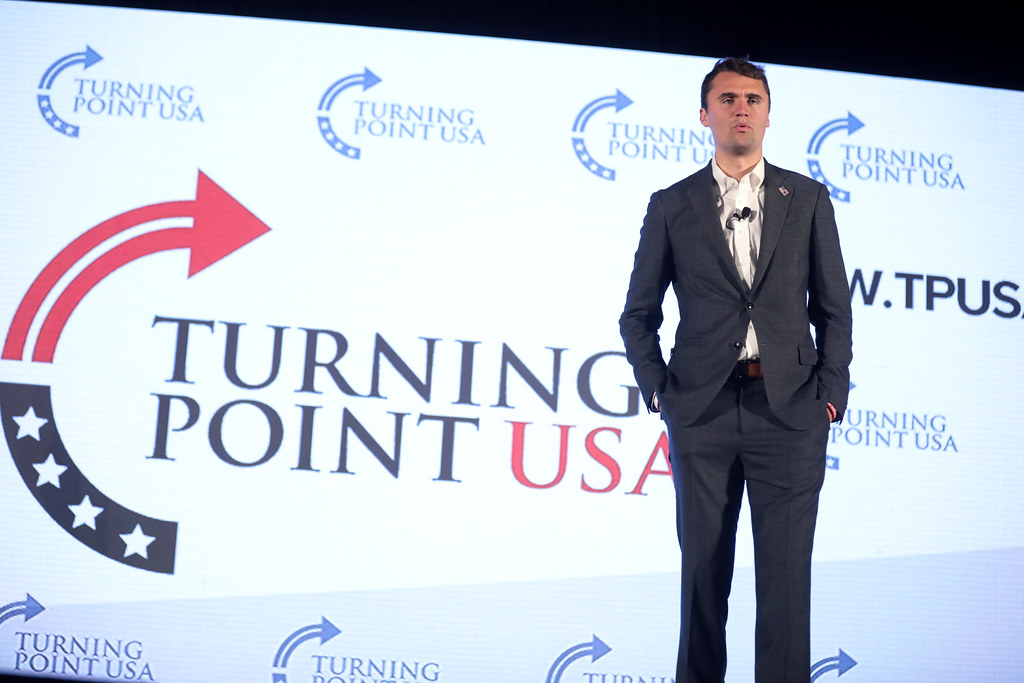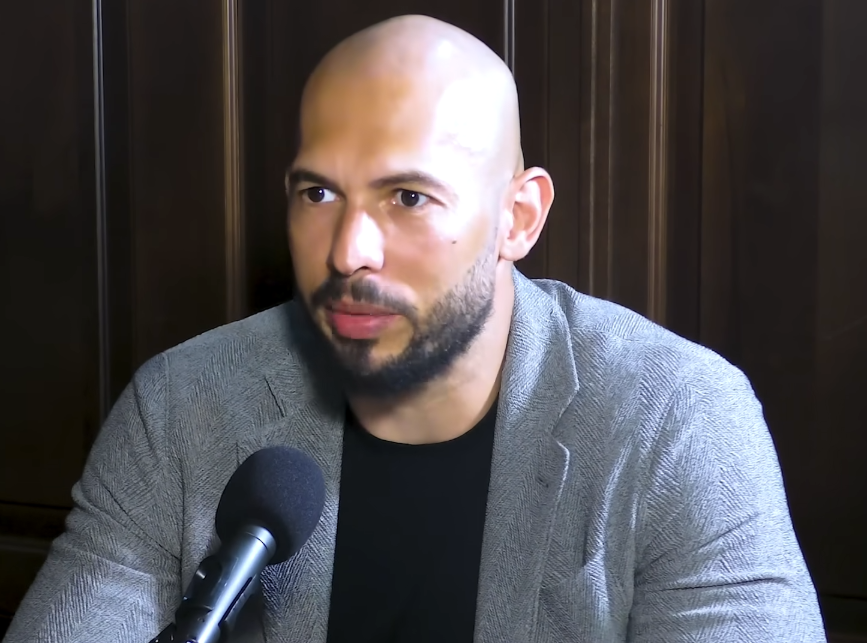
The Charlie Kirk shooting on the Utah college campus was not another news headline of a type of violence that can sometimes feel all too familiar. In minutes, graphic footage of the incident circulated on TikTok, Instagram, and X, leaving young people scrolling through shock, outrage, grief, and, for some, confusion. As 20-year-old Chandler Crump put it, “I can’t escape it… every platform I’m opening right now is having discourse about it.” For a generation raised on constant connectivity, avoiding it was almost impossible.

1. A Symbol in the Scroll
Kirk wasn’t a distant political figure for under-25s he was a recurring presence in their feeds. Whether it was a going-viral argument with a college progressive or a one-liner on marriage and gender roles, his material was designed to be shareable. His ascent through Turning Point USA, which now has more than 800 college campuses, made him a name on the household level among politically active young adults. To some, such as Crump, he was a mentor who coaxed them to speak out despite race or age. To some, he was a provocateur whose opinions on feminism, LGBTQ rights, and race were deeply objectionable. To others, either way.

2. The Emotional Cost of Graphic Content
The viral transmission of Kirk’s death is a classic illustration of what psychologists refer to as the desensitization effect. Studies have found that repeated exposure to violence even once or twice can blunt emotional reaction and alter moral judgment. As media and mental health experts caution, doomscrolling on traumatic news can cause emotional exhaustion, reduced empathy, and even post-traumatic stress disorder symptoms. For Gen Z, who have grown up with active shooter training and constant reporting on mass shootings, numbness is a danger. Pre-viewing self-checks, sticking with credible sources, and checking in with feelings afterwards are easy but effective means of safeguarding mental health.

3. A Gender Divided Generation
Kirk’s style of “pre-feminist, machismo” masculinity appealed to a subgroup of young men who felt lost. Statistics indicate men in Gen Z graduate from college at rates lower than women and suffer from loneliness and isolation. Figures such as Kirk provided a framework that blamed feminism, liberals, or political enemies. As psychologist Ronald Levant observes, “It has to do very much with the fact that young men are not doing well in America today.” This message resonated in a generation where the partisan gender gap is broader than any other age demographic.

4. The Influence and Limits of Political Influencers
While influencers such as Kirk are able to rally followers, studies indicate that their influence is more oriented toward influencing political interest rather than determining votes outright. Indeed, studies of Gen Z political engagement indicate that political influencers and advertisements increase activity when they engender curiosity and a perception of efficacy. Kirk had perfected this, combining social media literacy with ideological messaging in order to establish himself as a cultural authority among conservative youth.

5. Living in the Manosphere and Extremism
The manosphere a loose confederation of male-centered, frequently misogynistic websites and online platforms has increasingly been a political force that helps shape young men’s political inclinations. Kirk’s traditionalist rhetoric intersected with some of these narratives, although not all of his base was engaged with extremist material. Young Men Research Project polling indicates that numerous young men view “brocast” content such as Andrew Tate or Joe Rogan for entertainment purposes, rather than as an ideology. Still, algorithms often funnel them toward more extreme material, making media literacy and community connection crucial safeguards.

6. The Loneliness Factor
Over half of young men say that they feel lonely, a figure that is associated with more internet gaming, gambling, and pornography. Loneliness does not neatly translate into political extremism, but it does make spaces for identity-forming narratives, be they political movements, religious communities, or internet personalities. Kirk’s focus on marriage and children resonated with those who wanted stability and belonging, even as others claimed that his vision pushed others out or marginalised them.

7. Holding Space for Complexity
In the hours following his death, even ideological rivals such as livestreamer Dean Withers mourned, stating, “If you want to end gun violence, it is something that you can never celebrate.” Others, such as Reuben Berkowitz, admitted to despising Kirk’s opinion but understood needing to confront the “crisis of modern masculinity” he stoked. This ability to embrace contradictory truths, grieving the life lost while challenging the concepts it stood for, can be one of Gen Z’s greatest assets in negotiating political polarisation.

8. Sustaining Mental Well-being in an Era of Hyper-Connectivity
The constant replay of violent scenes can make tragedies seem unavoidable. Professionals suggest simple measures: avoid exposure to graphic images, take a break from social media, and seek help if distress persists. As mental health campaigners remind us, taking care of one’s emotional well-being is not about disconnecting from the world, it’s about remaining strong enough to continue participating meaningfully.

Kirk’s passing has become a mirror of a generation, displaying the divisions, anxieties, and aspirations of a politically engaged but deeply polarised generation. For some, it is a reminder to work even harder toward gun reform. For others, it is a warning sign of growing extremism. For everyone, it’s a reminder that in an era where political life plays out in real time on our screens, how we interpret and insulate ourselves from the images we see may not only determine our politics, but our shared mental health.


